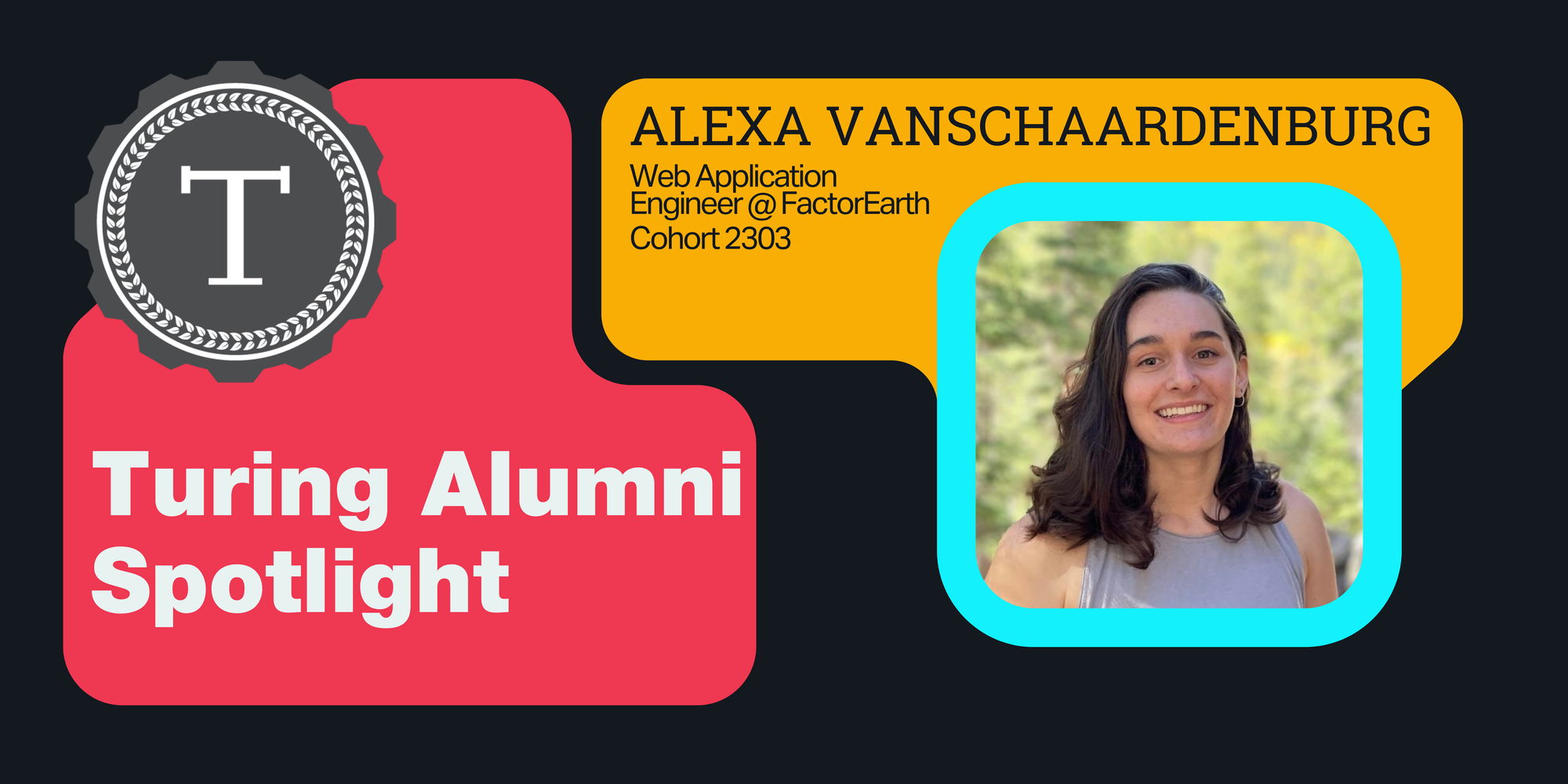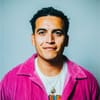Mines, Climbing, and Archeology: Unearthing a Tech Path

From a young age, Alexa was determined to follow in her father’s footsteps, goatee included, and become an engineer. This led her to the Colorado School of Mines, but after two years, she realized it wasn't the right fit. She found joy in the climbing community but missed the problem-solving challenges of STEM. Encouraged by her roommate, Alexa discovered coding while peeking over her shoulder and decided to pursue software development at Turing. Part of the 2303 cohort, her journey highlights the importance of aligning one's career with personal values and interests, ultimately leading her to a fulfilling role at FactorEarth as a Web Application Engineer.
A Rocky Start
Born in the tiny town of San Isabel, Colorado and later growing up in Golden, CO, Alexa had tall aspirations to be like her 6 '10 dad and become an engineer. And she was on track to do so by attending Colorado School of Mines, one of the best engineering schools in the US. However, she soon realized that the rigid and competitive environment wasn't where she wanted to be.
“What drew me to engineering is the combination of solving complex problems and making a real impact on somebody's life… but getting into the Mines coursework I wasn’t feeling that connection. A, my degree was very focused on metallurgy, which I wasn't super interested in, and B, it felt like everyone was there to be the best. And, they just wanted to be better than everyone else. And Mines definitely cultivates that. It creates some incredibly intelligent people, but it also just didn't feel like there was any collaboration happening.”
Despite leaving after completing her second year, she was confident in her decision to seek something that resonated more with her values and interests. She decided to invest more time in her other passions - climbing and coaching.
The Spark of Curiosity
After varied positions at Movement Golden Alexa found herself coaching kids. She loved, and still enjoys, being able to guide young minds through problems and see their confidence and strength develop. Even though she had found a role that aligned more values and interests, STEM was still in the back of her mind. A turning point came when Alexa's friend, who was pursuing software engineering, would talk about the collaborative community at Turing. As Alexa watched her friend’s progress and heard about the problem-solving aspects of coding, her curiosity was piqued. She began researching possibilities, “I did some light research into other ones, but literally everything was like, yeah, Turing's the best”, said Alexa. The combination of solving complex problems and making a meaningful impact drew her in, and she decided to pursue a career in tech.
“Watching the way she collaborated and the way she was connecting with people and still learning that was what initially made me feel like I could do it. It was collaborative and it was also STEM related. So I was like, okay, these are two things I like.”
Day 1
Right from the get-go Alexa was confident in her decision in the community she was now a part of at Turing. She appreciated the difference in communication and collaboration from her time at Mines. From helping with terminal set up to debugging to group projects Alexa would always find someone to be “stuck” with.
“There was always somebody to be like, you're stuck? Let me help you. Let’s hop in a zoom call, let’s debug. And it felt like nobody got left behind.”
Previously she felt like it was a “misery contest” of people going back and forth of who had more homework or who got less sleep, but at Turing she felt that everyone recognized that they were all in it together. And even after her time at Turing she is still utilizing the resources and community whilst at her first tech job. She references the Joan Clarke Society which is a a group at Turing for underrepresented genders in tech being a great resource navigating one of the only women at her company.
Small Parts
Embarking on the tough job market after graduation Alexa knew she needed to act fast. She felt the jolt of a new education and the looming reality of running out of savings pushed her to be very intentional with the jobs she applied to.
“I applied to companies that I resonated with in some way. I extensively researched their websites. I wrote good cover letters. Every single one, fully custom cover letter. Like, this is why I love your company. These are the things that I found on your website that I connect with. This is how I'm going to bring my experience. This is why you should hire me.”
She capitalized on her strengths and her knowledge of being on the other side of the interview. From her experience interviewing people at the climbing gym she knew what interviewers look for. She was confident that if she could land an interview she could land an offer. To make the process easier to tackle she applied what she learned at Turing, and started to pseudo code.
“I was like, okay, I need an interview to get a job. What do I need to do to get an interview? And I tried to just break it down into small parts and then optimize those pieces as much as I could.”
The Coffee Chat
Like many others, Alexa’s approach was all about intentional networking and building community while she applied for jobs. If she cold outreached to 5 people and only heard back from one she saw the new connection as a win. This tactic eventually led her to a coffee chat with someone at the company she works at today.
“I messaged two of the engineers. I heard back from one of them. He happened to be local. We met up at a coffee shop, 15 minutes turned into an hour and a half. And then the next day I like to log on to my zoom interview. And what do you know? He's interviewing me.”
Working with History
Alexa started in her first role after Turing in November 2023 at FactorEarth - an archaeology company based in Golden, Colorado. The small developer team makes the admin process for discovering human made artifacts much more streamlined. Archaeologists have “millions of hours” of paperwork, so Alexa’s team builds a web application that organizes and handles all that, i.e. the not so fun part one has to do after you find bones etc.
“When I was looking for a job, of the big things that I really wanted was I did not want to feel like I was just doing something mindless, regardless of how cool the company was. I really wanted to feel like I was making a difference in some way and actually helping.”
By taking on a new challenge, Alexa found a job in STEM that aligns with her personal values and interests while also helping others. Much like climbing, life and coding is all about problem-solving. There will be moments where something seems impossible but ‘sometimes problem solving is doing the hard work of training’, Alexa pointed out, and that training can be something as simple as a new education in software engineering.
“90 % of coding is failure. And then the other 10 % is when you actually do it and it feels amazing. It's like the best feeling ever.”
Calls to Action
Ready to start your journey in software development? Sign up for a Try Coding workshop—or join the Turing cohort that starts in October.
Be sure to follow us on Instagram @turing_school, X, and LinkedIn.

